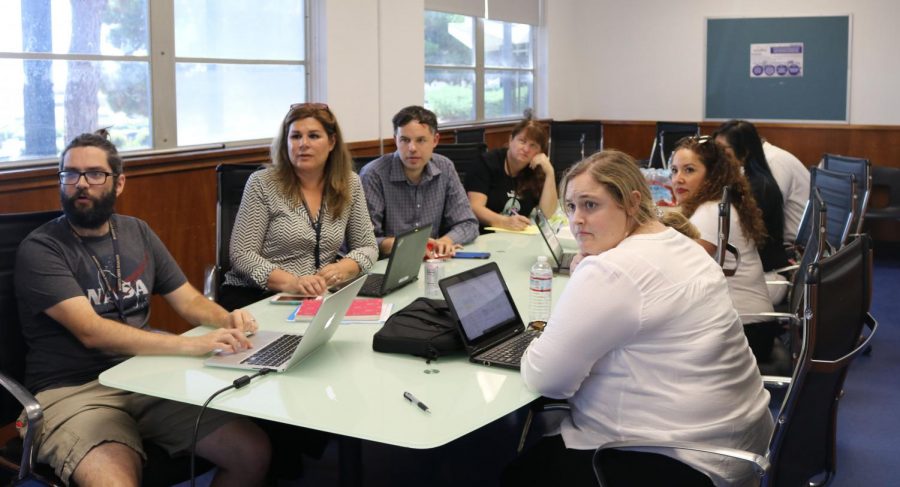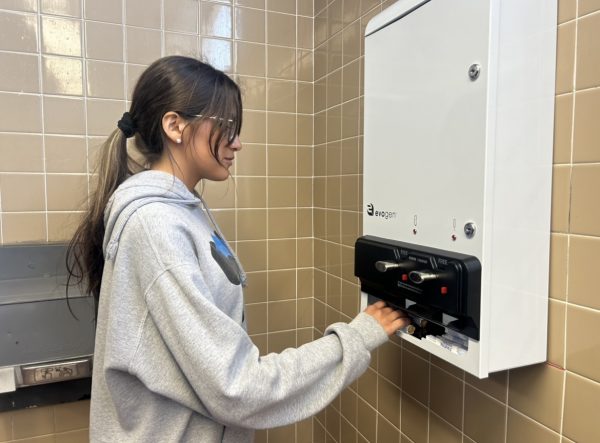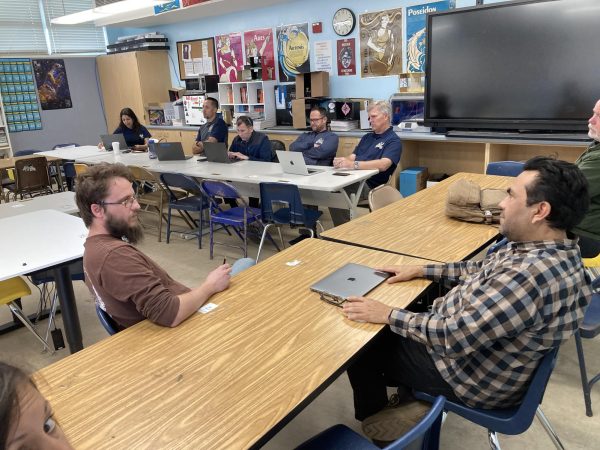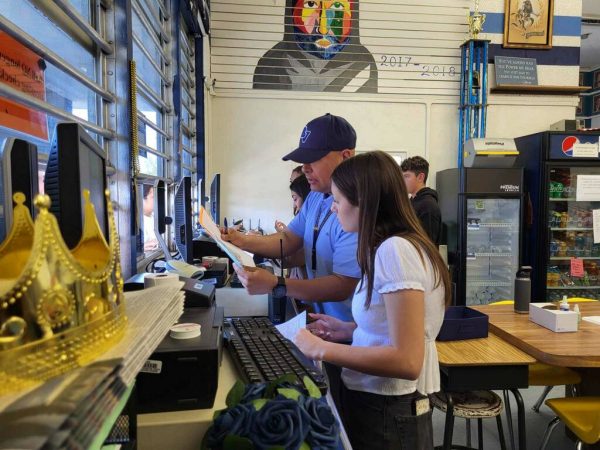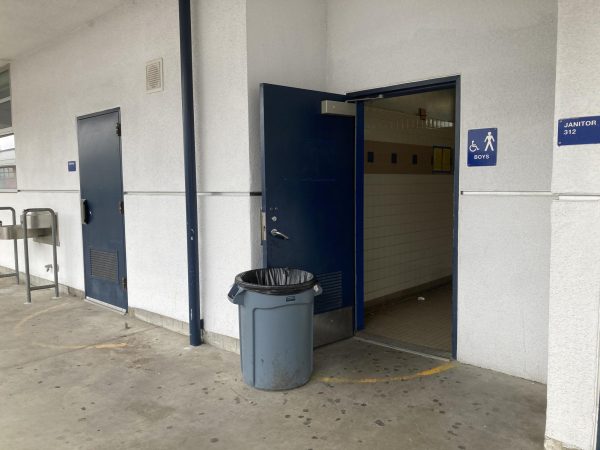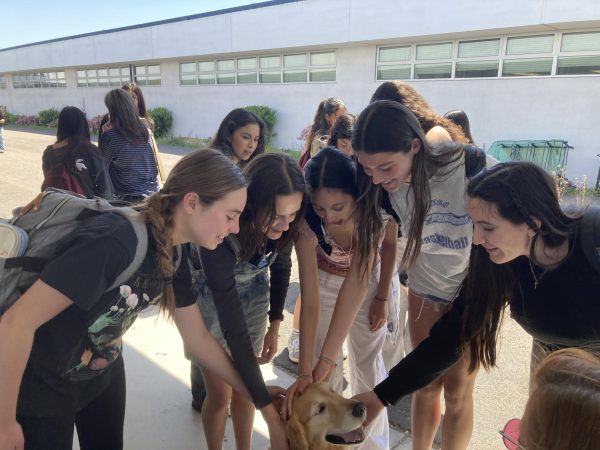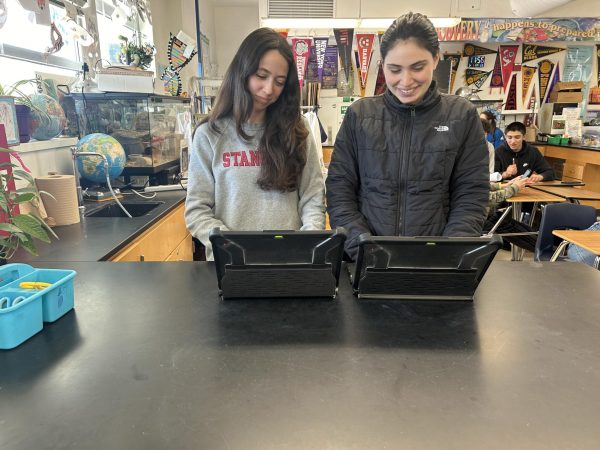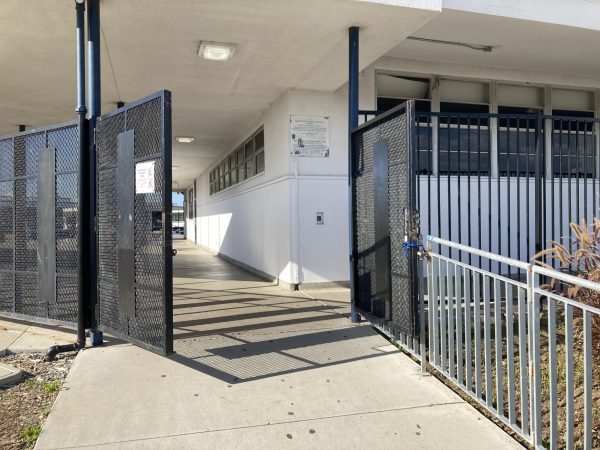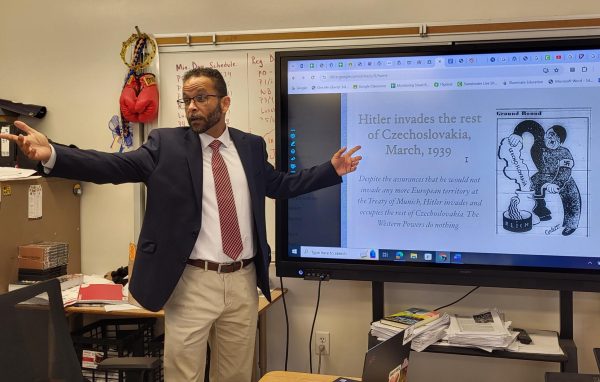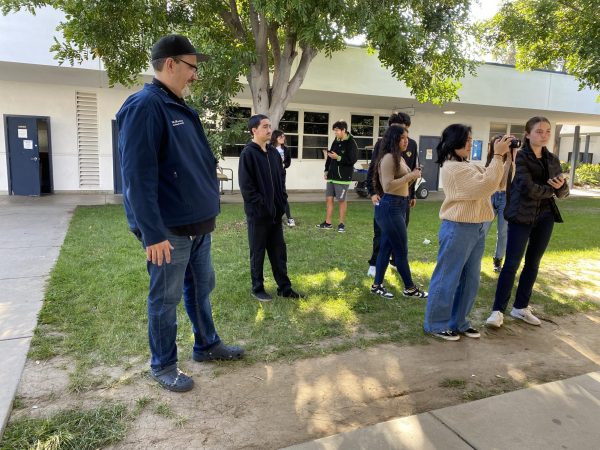Assistant Principals run committees addressing elements of BVH culture
The College-Going Culture Committee gathers on Sep. 12 for their monthly meeting to discuss ways they can motivate students to apply for college and pursue at least a four year college education after high school.
Since the arrival of Principal Roman Del Rosario Ed.D. at Bonita Vista High (BVH), the administration has implemented three committees as a basis for solving school-wide issues. Each year, these committees form new central points to focus on throughout the year, in the hopes of bettering the BVH community.
This year’s committees focus on the topics of campus beautification, college-going culture and the school’s culture and climate. According to Assistant Principal (AP) and Campus Beautification Committee leader Carlos Siragusa, these topics are based off of the needs of the school.
Campus Beautification strives to make BVH cleaner and more aesthetically pleasing. In addition, the College-Going Culture Committee aims to create a variety of options for students to become motivated and inspired to pursue a college career.
“The Culture and Climate Committee has a focus on humanizing the students to restore any harm that might have been caused and treats the student body with respect,” Del Rosario said.
Each committee is run under a different AP lead who guides projects and decisions made by its members. For example, the College-Going Culture Committee is run by AP Jennifer Barker-Heinz, the Culture and Climate Committee is led by AP Esther Wise and the Campus Beautification Committee is administered by Siragusa. All of these committees aim to benefit the students, parents and staff, especially in the case of making changes to policies.
“Last year, the culture and climate was elemental in making revisions to the student dress code by getting feedback by teachers, students and staff and making the process as democratic as possible,” Wise said. “From there, they were able to make sure that when making the decision to change the dress code, they were representing what we want our school to stand for.”
Meetings for these committees are held once a month – normally for about an hour – with members of the staff and administration. Although, for the new Campus Beautification committee, students will now be allowed to attend meetings to decide what projects are necessary in making BVH a nicer environment.
“Anyone can be invited [to the Campus Beautification Committee]. Once the school year goes on and we start unveiling our projects, we will get more people that want to get involved. Then people [associated with BVH] will see that [our committee] really means what we say we are going to do [for the school],” Siragusa said.
To make students more involved, Del Rosario has proposed the creation of student-run clubs, which work alongside these committees.
“This year we have donation funding, so I am asking each committee to work in identifying student leaders to form a club that goes along with each committee,” Del Rosario said. “I intend to let each one of those club members know that if they are able to raise 1000 dollars to support that vision- that through our donation fund, we will match that thousand and through ASB, they will match that thousand. The [students will have an] empowering part by having a say in how those 3000 dollars are spent.”
Siragusa, Wise and Del Rosario all stress the necessity of these committees in making BVH a more welcoming, comfortable environment for students.
“[The committees] build a culture. It’s not just about the school, but it is about everyone pitching in for these common goals so that we have a more sense of belonging,” Siragusa said. “Everyone should feel they contributed to their school. It makes everyone feel like this is a place that they want to be, a place of ownership and belonging.”
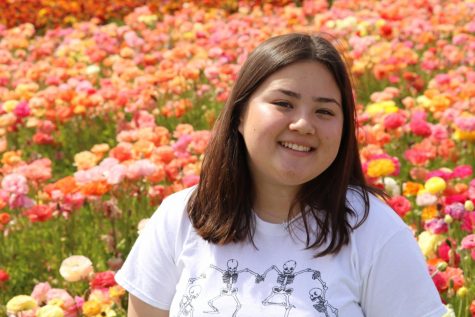
I am currently a senior at Bonita Vista High and this is my third and final year as a member of the Crusader. I enjoy journalism because it allows me to...
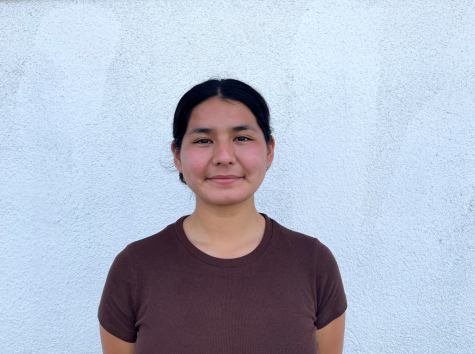
Howdy! Currently, I am a senior at Bonita Vista High and finishing my fourth year on the Crusader staff. Now, I am co-Editor in Chief of the Crusader,...

